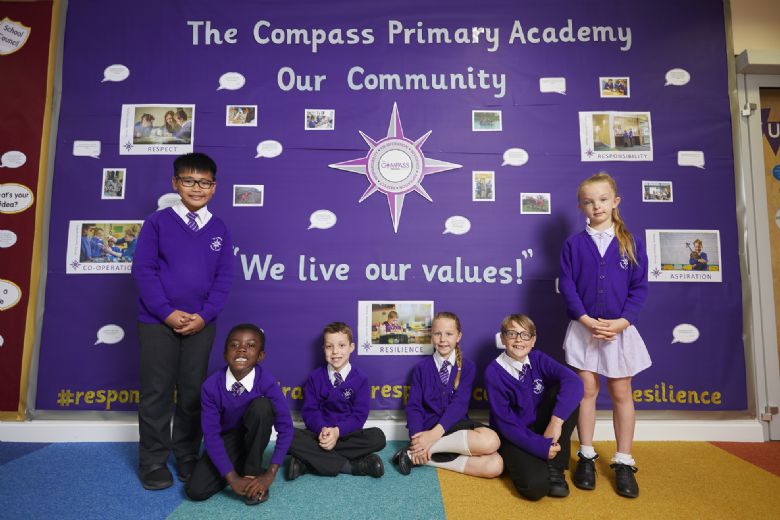Pupil Premium Statutory Information
"The passion and determination to support PP pupils effectively and overcome any barriers was embedded throughout the school and this was evident for all staff (senior leaders, Children Looked After Lead, Business Manager, teachers, teaching assistants, governor and support staff) resulting in a strong and positive culture for all their pupils, including those whom are disadvantaged."
Pupil Premium Review, January 2020
All publicly-funded schools in England receive extra funding from the government to help us improve the attainment of our disadvantaged pupils.
Evidence shows that children from disadvantaged backgrounds:
- generally face extra challenges in reaching their potential at school
- often do not perform as well as their peers
The pupil premium grant is designed to allow schools to help disadvantaged pupils by improving their progress. The pupil premium has the potential to have a great impact on the attainment and future life chances of pupils. It is not based on ability: research shows that the most academically able pupils from disadvantaged backgrounds are most at risk of under-performing.
Schools receive £1,345 for every primary age pupil who claims free school meals, or who has claimed free school meals at any time in the last 6 years. This money is for schools to decide how to use in order to improve educational attainment of children from less privileged backgrounds.
It is up to school leaders to decide how to spend the pupil premium. This is because school leaders are best-placed to assess their pupils’ needs and use funding to improve attainment.
Evidence suggests that pupil premium spending is most effective when schools use a tiered approach, targeting spending across the following 3 areas below but focusing on teaching quality - investing in learning and development for teachers:
Teaching
Schools arrange training and professional development for all their staff to improve the impact of teaching and learning for pupils.
Academic support
Schools should decide on the main issues stopping their pupils from succeeding at school and use the pupil premium to buy extra help.
Wider approaches
This may include non-academic use of the pupil premium such as:
- school breakfast clubs
- music lessons for disadvantaged pupils
- help with the cost of educational trips or visits
- speech and language therapy
Schools may find using the pupil premium in this way helps to:
- increase pupils’ confidence and resilience
- encourage pupils to be more aspirational
- benefit non-eligible pupils
At Compass Primary Academy, we have been allocated £150,368 of funding this year to support our pupil premium pupils and families with access to quality first teaching, academic progress, enrichment opportunities, pastoral and wellbeing support and wrap around care.
All of our strategies to improve the outcomes of the most disadvantaged pupils are evidence-based and we are currently part of the Marc Rowland Pupil Premium Project – Tackling educational disadvantage in Northamptonshire too.

Please see below our strategy for the next three years, with detailed actions for expenditure for this academic year.